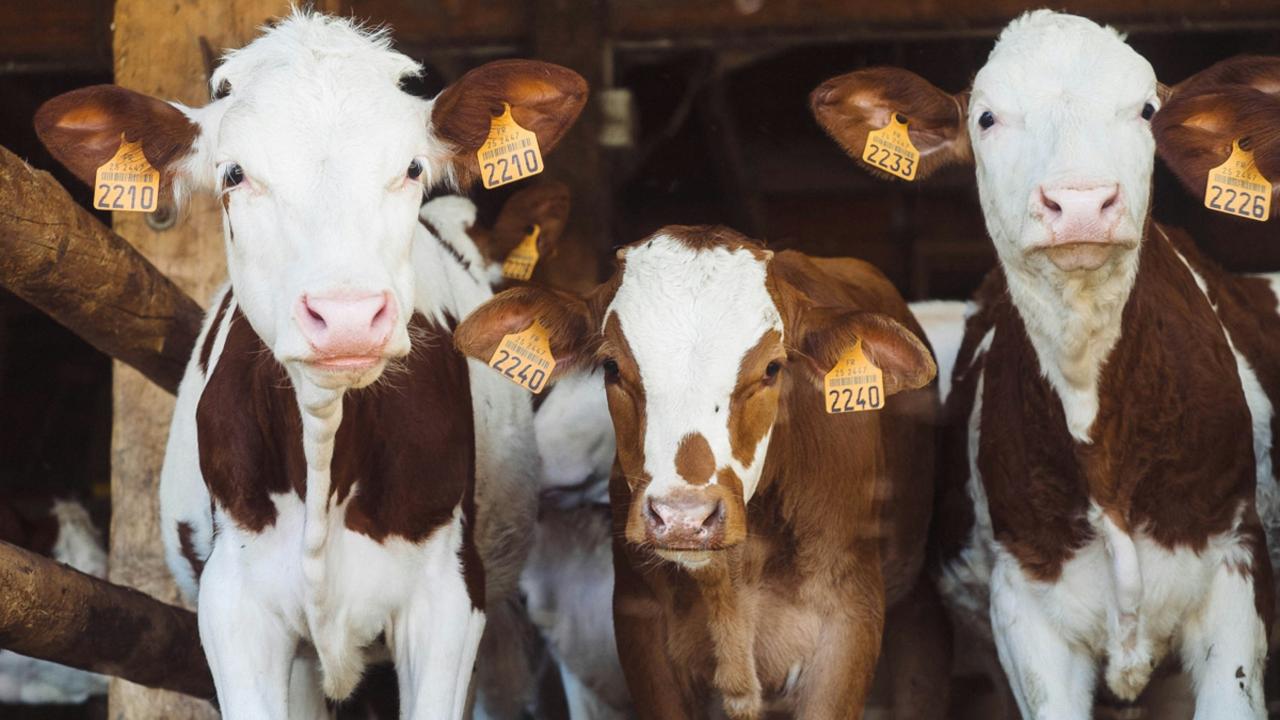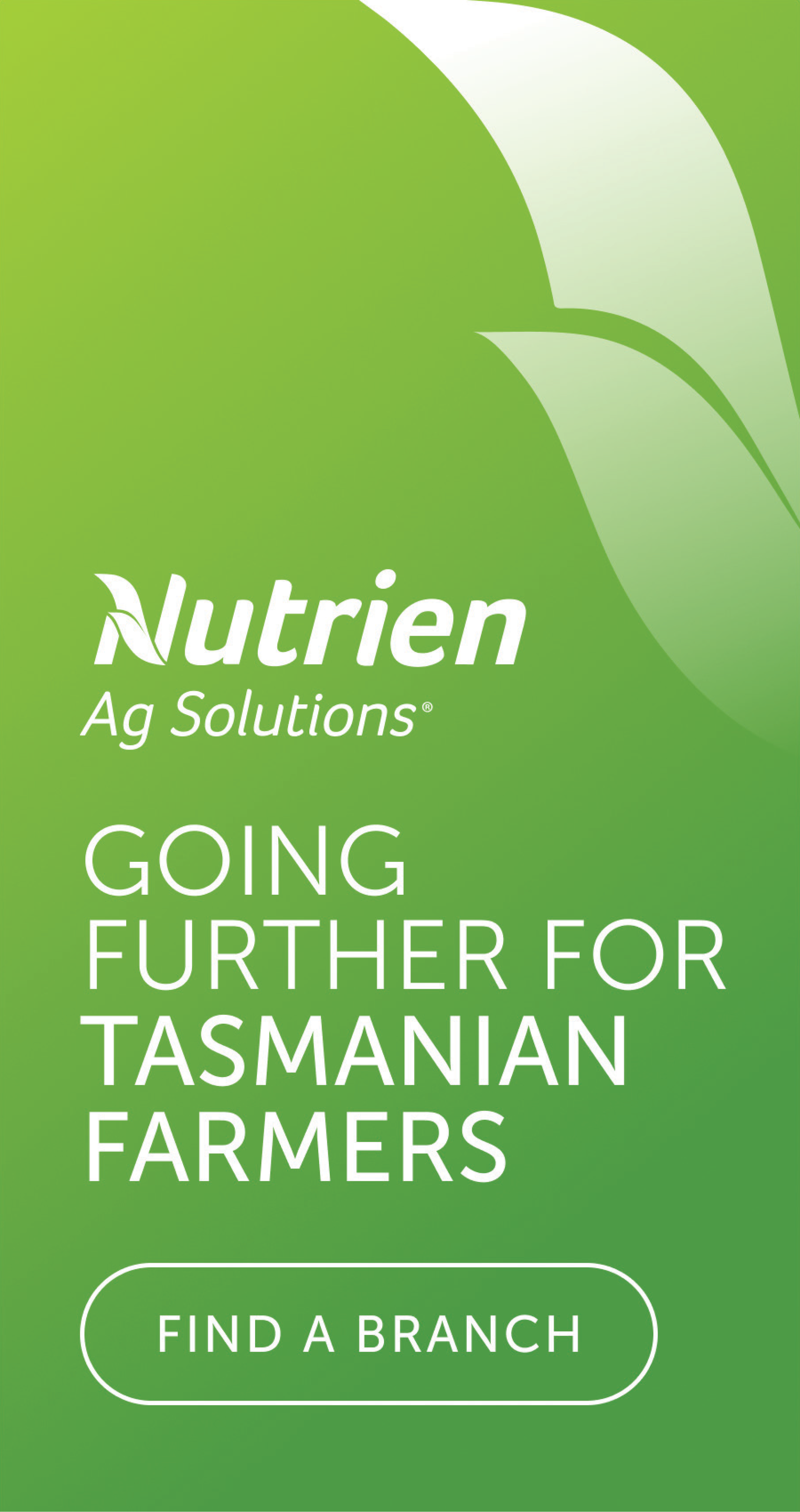New year, new rules enforced

AS the new year begins, so does new opportunities and challenges for Tasmania’s agricultural industry.
A key change in 2025 is the introduction of new biosecurity regulations including the mandatory use of Electronic Identification (eID) tags for livestock.
Before leaving the property of birth, all sheep and goats born on or after January 1, 2025, must now have an eID tag, and their movements will be recorded on the National Livestock Identification System database.
Another major change from January 1 is the requirement for all bobby calves to be sent directly to processing from their property of birth to be individually identified with a cattle eID tag, replacing the older visual tags.
Primary Industries Minister Jane Howlett noted the importance of these regulations to strengthen Tasmania’s agriculture, aquaculture, and tourism sectors by ensuring the state’s biosecurity is protected.
Ms Howlett said the changes enhance traceability, meaning consumers can be assured that the journey of each animal from birth to abattoir can be tracked if necessary.
“The new regulations cover key traceability reforms including eID's for sheep and goats and removal of the bobby calf eID tag exemption,” she said.
To help farmers adjust to these new requirements, the Tasmanian Government is offering financial support. Grant Round Three is now open, providing reimbursement for eID scanning equipment.
Additionally, the Government has set up an Industry Support Scheme to assist with the costs of tagging bobby calves.
“To assist the industry with this transition, the Tasmanian Government will establish an Industry Support Scheme where all bobby calves processed will have their tagging costs subsidised by $4.50 per animal for 12 months,” Ms Howlett said.
The introduction of these new regulations aims to improve livestock traceability, which will help strengthen Tasmania’s reputation as a producer of high-quality, safe products, she said.




Add new comment